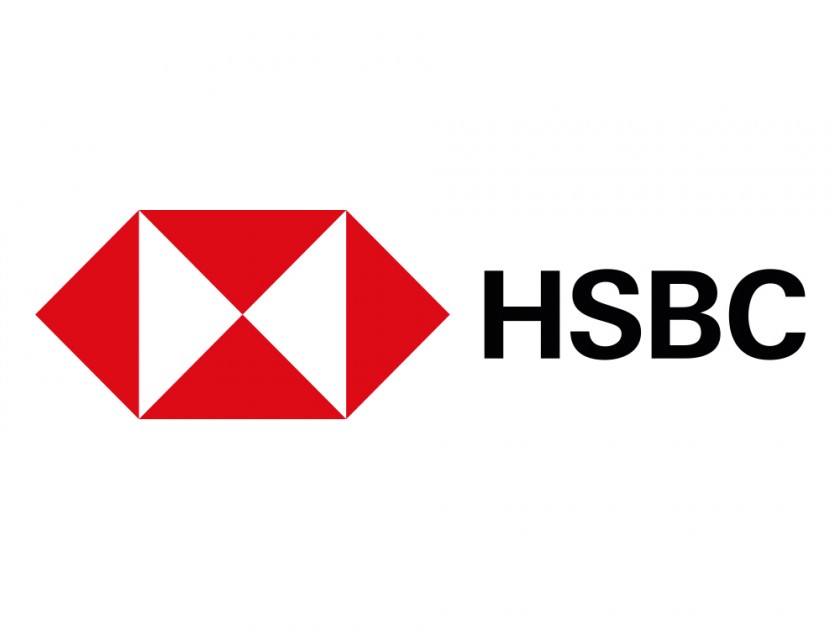Outsourcing opportunities in compliance

Compliance has been rapidly growing as a part of the global legal and financial system, bringing new opportunities in the job market. Most of the world’s leading financial institutions, which operate under the watchful eye of the regulators, transfer their services to outsourcing centres. But what brings compliance and outsourcing together? Why it is beneficial to build a compliance department in an outsourcing centre? And in which countries can the best compliance specialists be found and why?
COMPLIANCE AND FINANCIAL CRIME – WHAT IT IS ALL ABOUT?
Throughout the years, the role of financial institutions, particularly banks, has changed massively. Many of them managed to transform from small, local companies operating on deposits and basic financial instruments, into big conglomerates offering a variety of products all over the world. Today banks are able to serve millions of individual customers, corporates and partnerships, fulfilling their needs worldwide. Such activity means great power but also great responsibility. As a result of global transformation, banks face the risk of money laundering, international sanctions violations or terrorist financing, which could damage their reputation and lead to financial loss.
Most countries have established national agencies to maintain stability, transparency and safety within the financial market. Such agencies, also known as regulators, have been showing their growing power, especially after the global financial crisis in 2008. Since then, lots of companies, including international banks, have had to pay enormous fines due to a lack of internal controls, which made them noncompliant with legal provisions and even internal rules. Between January and November 2019 the British Financial Conduct Authority (FCA) imposed fines in totalling in excess of £390 million.
No wonder, international banks put a great amount of effort into strengthening their procedures to comply with regulations and avoid reputational damage – mitigating different types of risk is what compliance is all about.
COMPLIANCE IN OUTSOURCING CENTRES – WHY AND HOW?
Compliance involves a variety of resources and people. Specialists from many professions, such as accounting, IT, law, procurement, economics and many more are needed to meet the company’s and regulator’s needs. These needs can be then transformed into compliance cost, which includes necessary expenses such as human resources, implementing policies, providing accurate and timely training and maintain systems. The bigger the organization, the bigger the due to different legal systems, regulator’s requirements or even different languages.
Among the various parts of a compliance department, some are specific to banking institutions and may not need to be transferred to an outsourcing centre because they can be covered by the institutions headquarters of smaller company unit. An international bank will also hire a significant number of analysts or skilled specialists in-house to fight financial crime, such as KYC (Know Your Customer), AML (Anti Money Laundering), Regulatory Compliance, Quality Assurance, Product Control and Policy specialists.
Because of the significant cost of compliance, many banks have moved compliance departments, or parts of it, to outsourcing centres. However, this is not always possible in some countries, due to regulators requirements, such as data restriction. Organisations find their own different solutions to these issues, such as establishing service centres in a number of locations.
HSBC is a bank that runs its outsourcing services through Global Operations units. They operate through over 20 Global Service Centres (GSCs), which are located in India, China, Malaysia, the Philippines, Sri Lanka, Egypt and Poland. Employees based in the service centres manage day-to-day customer transactions and processes for the global businesses. Most of these locations include a compliance function, especially in India and Poland. Given the breadth of HSBC’s reach – it has presence in 65 countries and territories – all its Global Service Centres are internationally focused, demonstrating a hugely flexible, connected and complex employment and organizational structure. For example, GSC Krakow HSBC hires more than 3,000 professionals and the team still continues to grow. Employees in Krakow provide services to HSBC entities across 27 countries and in 11 languages: Czech, English, French, German, Greek, Hebrew, Italian, Polish, Russian, Spanish and Turkish.
JUSTIFICATION FOR OUTSOURCING COMPLIANCE
Outsourcing centres help to reduce total compliance cost. By using these centres, international banks are able to implement the same standards in different locations, consolidate the work and improve customer service by processing the requests in a proper manner and on timely basis.
Countries such as India and Poland seem particularly attractive for outsourcing compliance. Certainly the reasons for transferring the services are varied and although the cost of compliance is an argument for some locations, it should be noted that compliance requires a large number of qualified specialists to be an effective tool. Each organization faces a challenge where to establish a shared services centre due to available human resources and business conditions. Interestingly, Poland – with a relatively young democracy and a constantly growing financial market – is a country that attracts a huge number of financial institutions, becoming the European heart of compliance.
Author: Piotr Gula, KYC Analyst, HSBC Service Delivery (Polska) Sp. z o.o.





